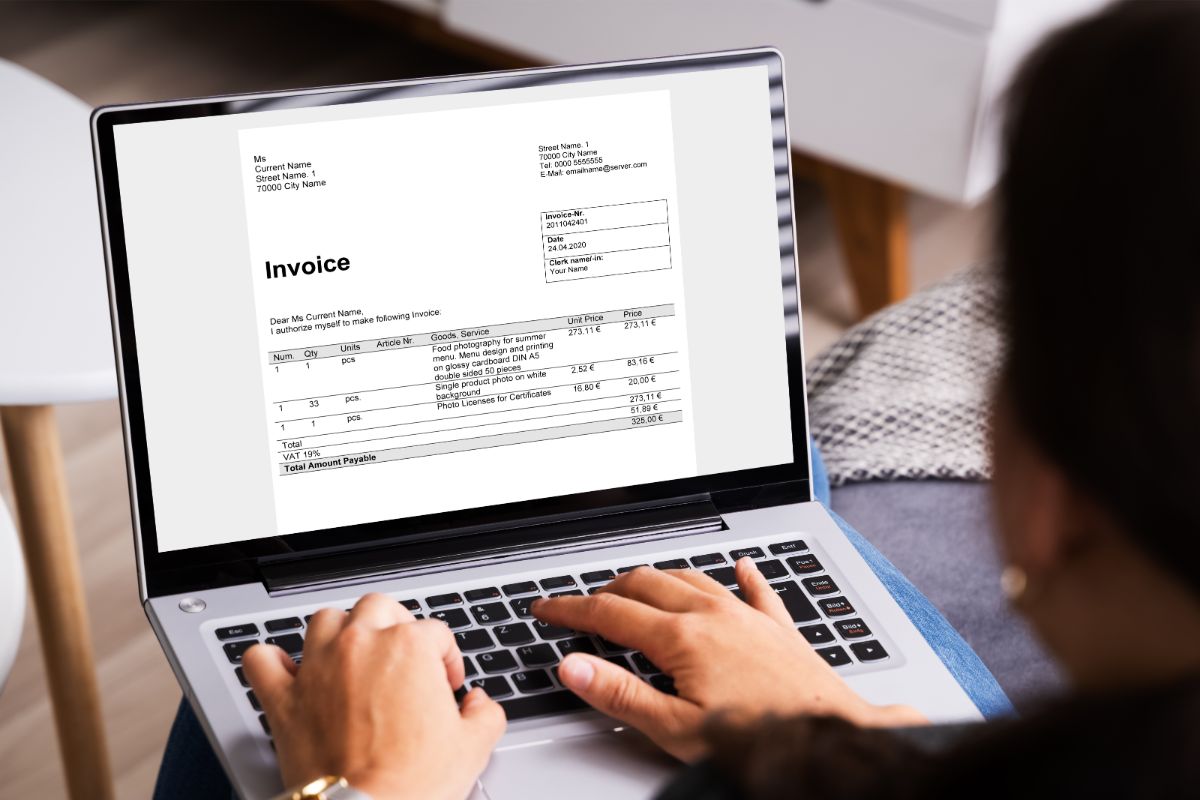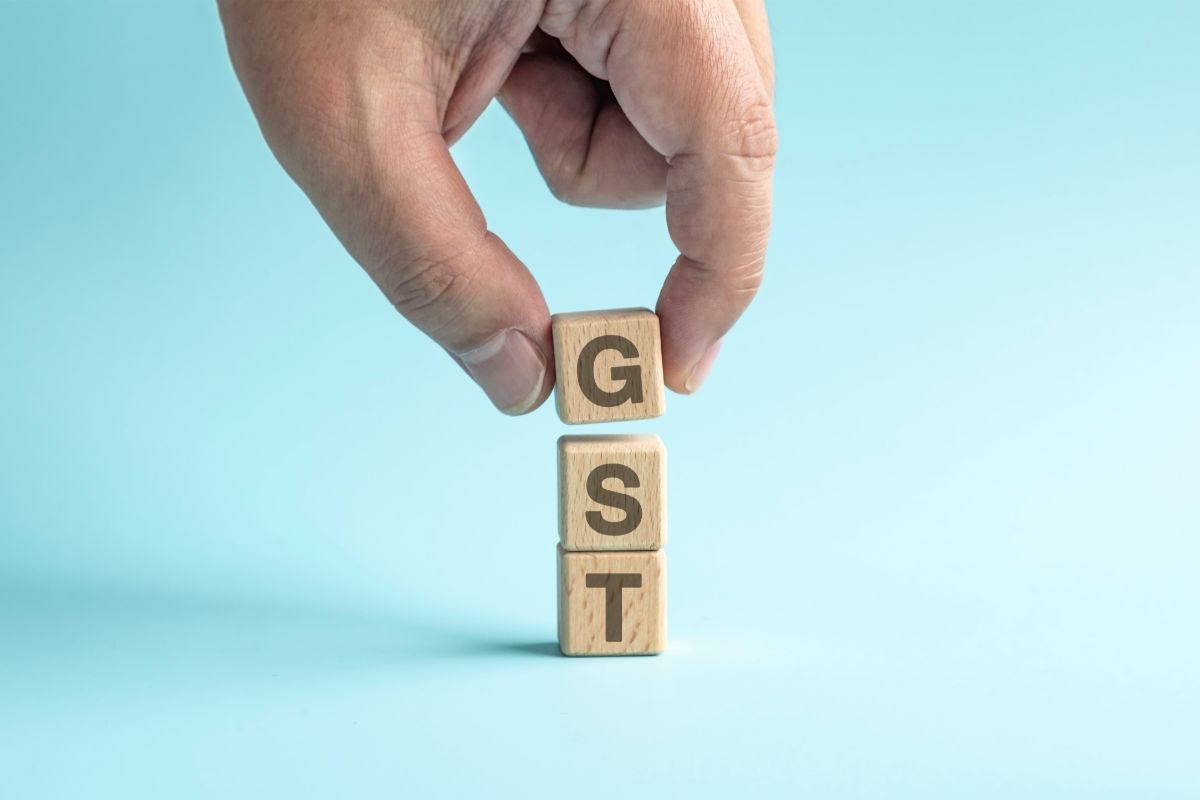
How to Identify and Spot a Fake GST Invoice.
Goods and Services Tax (GST) invoice is issued by a GST-registered supplier each time a customer makes any purchase. The GST invoice, introduced in 2017, includes all the information on the purchase and sale made. The government introduced GST with an aim to simplify the taxation system. However, simultaneously, the cases of fake GST invoices are also on the rise. In this article, you will learn all about fake GST bills and what to do if you suffer GST fraud.
What does a fake GST invoice mean?
Over the past few years, numerous cases of fake GST invoices have been reported. These are the bills generated by the supplier without any actual selling of goods and services. It is done with various motives like GST evasion, money laundering, fake purchases, etc. It is highly important to stay away from such fraudulent activities and not indulge in any. For this, you can check the authenticity of the GST invoice.
How do we know if the GST invoice issued is fake?
Here are some simple steps and basic awareness that can help you spot a fake GST invoice:
- GSTIN verification – GSTIN, that is, Goods and Services Tax Identification Number is what makes every GST-registered business unique. The GSTIN number is assigned to every GST-registered supplier. It is a unique number that is primarily a combination of the PAN number, state code, and a unique set of digits.
The question arises: how to check the authenticity of the GSTIN mentioned on the invoice? Here is how you can do so:
-
- Visit the GSTIN portal – www.gst.gov.in
- Click on “search taxpayer”
- Click the GSTIN search bar and enter the GSTIN mentioned on the GST invoice issued by the supplier
- In case the supplier is authentic, the name and address of the supplier will be displayed. If not, you will be notified that the GSTIN is invalid
- Make sure to enter the correct GSTIN as mentioned on the invoice.
- Verify the HSN/SAC code – The goods you purchase are assigned a unique Harmonized System of Nomenclature (HSN) and for services availed, a Services Accounting Code (SAC) is assigned. These are unique to each goods and services. You can verify these codes on the GST portal to confirm the authenticity of the bill.
- Confirm invoice date and number – The GST invoice also has the date and invoice number mentioned. Here, you need to check if the mentioned date is correct and as of the day of purchase. Next, you need to check the invoice number, which is a proper series of numbers. If you find these abrupt, it may be an alert for fake GST bills.
- Verify the total amount of the invoice and tax – The final invoice is prepared by adding the amount of all the goods and services along with the applicable tax on them. You must cross-check if the amounts added are correct and if the GST added is admissible. If you are confused, you can visit the GST portal to check the applicable GST.
- The tax payment status – Every GST-registered business has to file GST returns, and it reflects the status of the supplier if they have paid the tax or not. So, you may verify the tax payment status of a supplier on the GST portal.
- Details of the supplier – Every GST invoice has the signature of the supplier. So, when you get the bill, make sure to have a look at the signature of the supplier. In case you are doubtful, you can quickly match the signature with that mentioned by the GST authorities. Apart from this, you shall also check the supplier’s details like the name of the shop.
What to do if you face GST fraud? – If a supplier gives you a fake GST invoice or you want to raise a complaint against the fake GST invoice, here is how you can do that:
-
- Visit the official portal of GST (www.gst.gov.in)
- Click on the option CBEC Mitra Helpdesk
- Click on ‘Raise Web Ticket’
- Here, you can file your complaint.
You may also send an email to [email protected] or on Twitter (@askGST_GoI) and (@FinMinIndia).
Over To You
Tax evasion and tax fraud are punishable acts, and one must refrain from such illegal activities. Along with this, it is also crucial to raise complaints against fake GST invoices issued by the suppliers. It not only affects the customer but also the whole nation in the long run. Raise awareness in your family, and make sure to be a responsible citizen!








